US health chief Kennedy defends mass firings, measles response to lawmakers
Kennedy is testifying before the House of Representatives Appropriations Committee's health subcommittee on May 14 before the Senate Health, Education, Labor, and Pensions Committee.
.JPG) U.S. Health and Human Services (HHS) Secretary Robert F. Kennedy Jr. testifies before a House Appropriations Labor, Health and Human Services, Education, and Related Agencies Subcommittee hearing on the Department of Health and Human Services budget, on Capitol Hill in Washington, D.C., U.S., May 14, 2025. / REUTERS/Ken Cedeno
U.S. Health and Human Services (HHS) Secretary Robert F. Kennedy Jr. testifies before a House Appropriations Labor, Health and Human Services, Education, and Related Agencies Subcommittee hearing on the Department of Health and Human Services budget, on Capitol Hill in Washington, D.C., U.S., May 14, 2025. / REUTERS/Ken Cedeno
U.S. Health Secretary Robert F. Kennedy Jr. defended billions of dollars in cuts and thousands of firings at his department, as well as his response to a fast-growing measles outbreak, in Congressional testimony on May 14.
Kennedy is testifying before the House of Representatives Appropriations Committee's health subcommittee on his department's proposed budget for the 2026 fiscal year, and will do so later on May 14 before the Senate Health, Education, Labor, and Pensions Committee.
Also Read: Measles cases cross 1,000-mark in US
Since he was confirmed as Secretary of Health and Human Services in February, Kennedy has slashed jobs at the nation's top food and drugs regulator, public health agency and biomedical research institute, part of the Trump administration's campaign to shrink the federal workforce.
Kennedy says his top priorities as health secretary include identifying the environmental contributors to autism and tackling rising rates of chronic disease.
Kennedy, who for years has sown doubt over the safety and efficacy of vaccines, has also drawn condemnation from health officials for what they say is a weak endorsement of measles shots during an outbreak that has infected more than 1,000, mostly unvaccinated, people and killed three.
"All while you peddle unfounded and dangerous vaccine skepticism, spread lies and misinformation about people living with autism," said Representative Rosa DeLauro from Connecticut, the top Democrat on the Appropriations Committee.
Asked if he would give his children the measles vaccine today, Kennedy did not respond directly.
"Measles? Probably for measles what I would say is my opinions about vaccines are irrelevant," he said. "I don't think people should be taking advice, medical advice, from me."
The hearings on May 14 are billed as sessions on Kennedy's health-related spending plans under President Donald Trump's budget proposal. The plans include an $18 billion cut to National Institutes of Health funding and $3.6 billion from the Centers for Disease Control and Prevention.
Democrats and other critics have portrayed the cuts as a gutting of the country's public health infrastructure. Kennedy told the Appropriations Committee they would save taxpayers $1.8 billion per year and make the department more efficient.
"Our reductions have focused on aligning HHS staffing levels to reflect the size of HHS prior to the COVID-19 pandemic, which saw around a 15 percent increase in the number of employees," Kennedy said in his opening statement to the Appropriations Committee.
The cuts and firings were his decision, not edicts from Elon Musk, Kennedy said when asked about the billionaire Trump ally's involvement. Musk is leading the DOGE initiative to cut government funding and reshape the federal bureaucracy.
"Ultimately, we executed the decisions, but Elon Musk gave us help in trying and figuring out where there was fraud and abuse in the department," Kennedy testified, "but it was up to me to make the decision, and there are many instances where I pushed back."
Kennedy's confirmation partially hinged on the vote of HELP Committee Republican Chair Senator Bill Cassidy, a doctor from Louisiana who had expressed wariness about Kennedy's history of anti-vaccine views before clearing the path for his appointment.
In the past week, Kennedy has faced attacks on social media from influential far-right activist Laura Loomer, whose critiques of some other Trump administration officials have preceded their ouster.
Kennedy also drew scrutiny for his own photos on social media showing him swimming with his grandchildren in Washington's Rock Creek. The National Park Service prohibits swimming in Rock Creek because it contains dangerously high bacteria levels.
ADVERTISEMENT
ADVERTISEMENT
E Paper
Video




 Reuters
Reuters
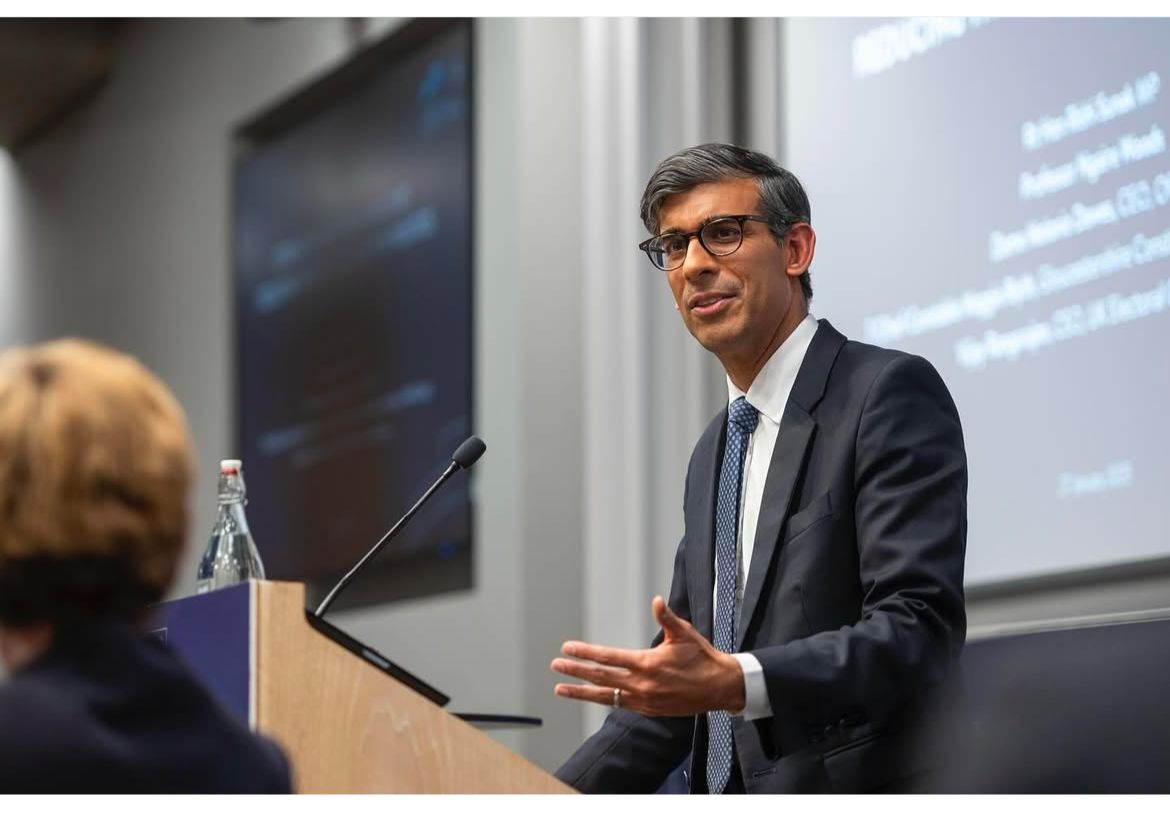
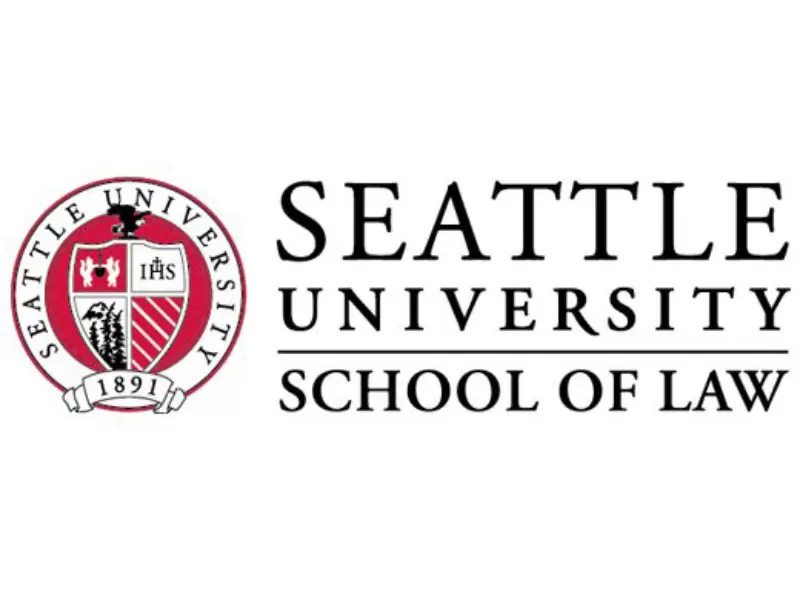
.jpg)
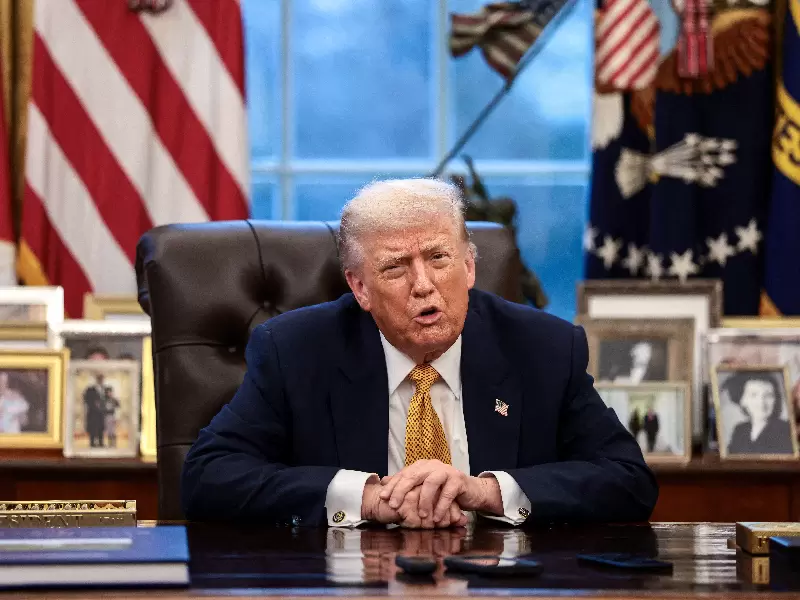
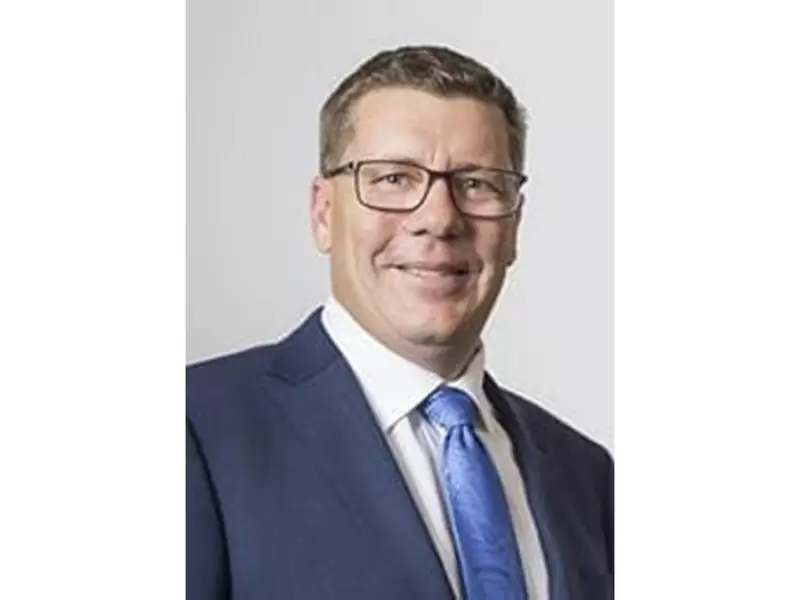
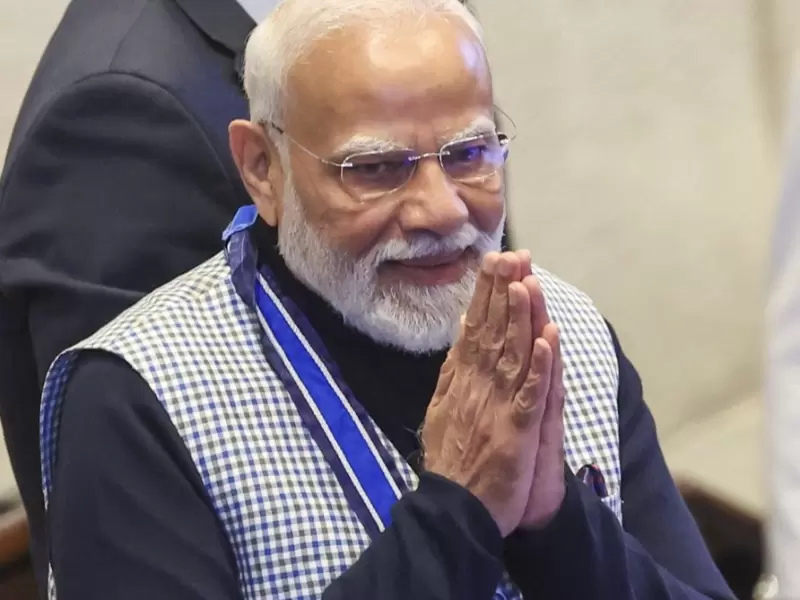
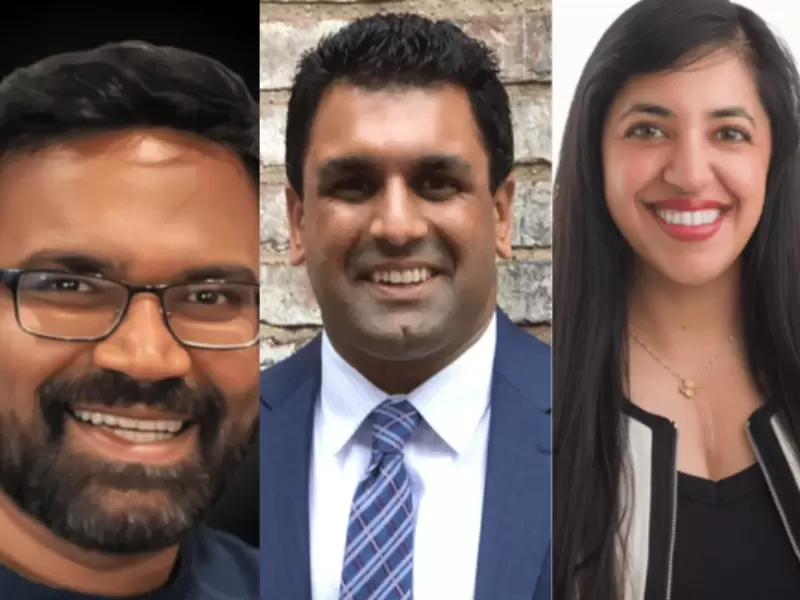
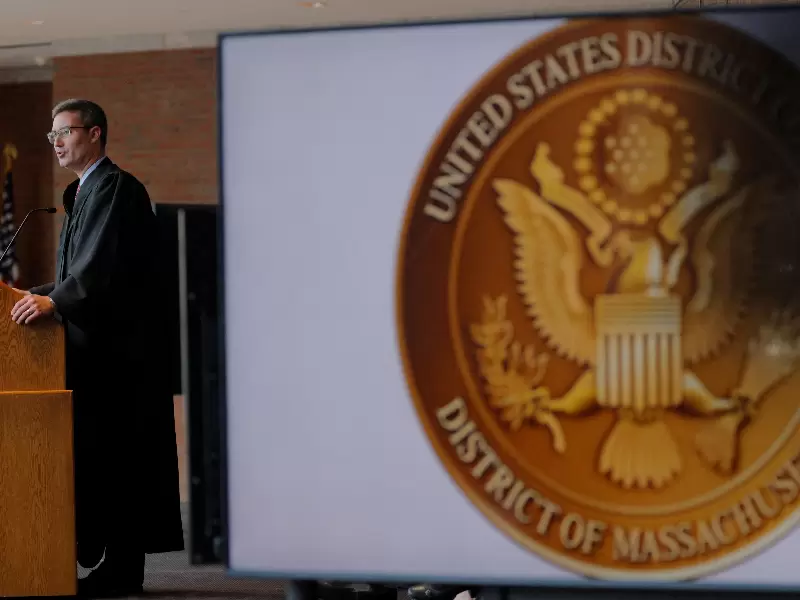

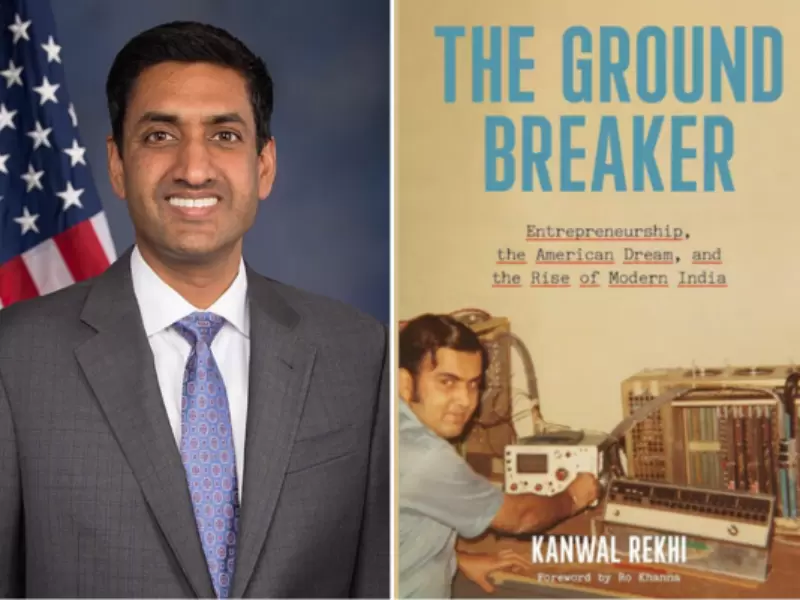
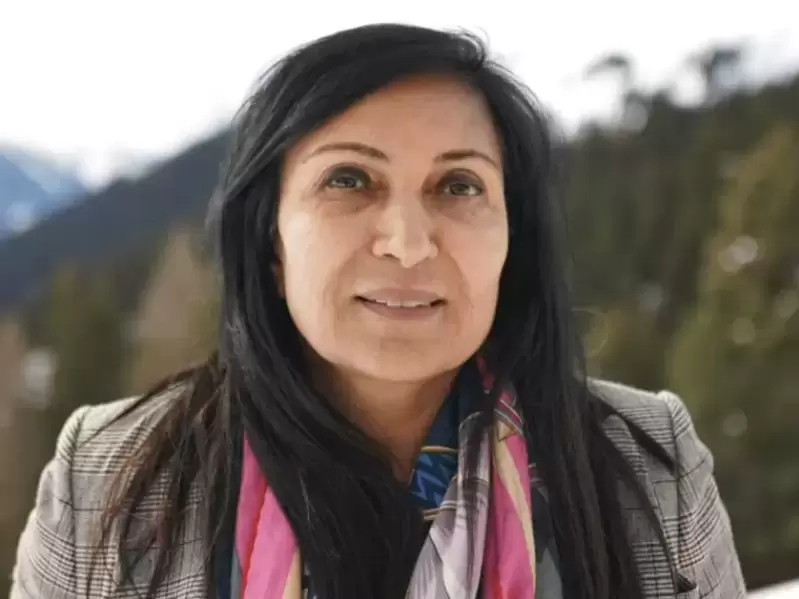


Comments
Start the conversation
Become a member of New India Abroad to start commenting.
Sign Up Now
Already have an account? Login